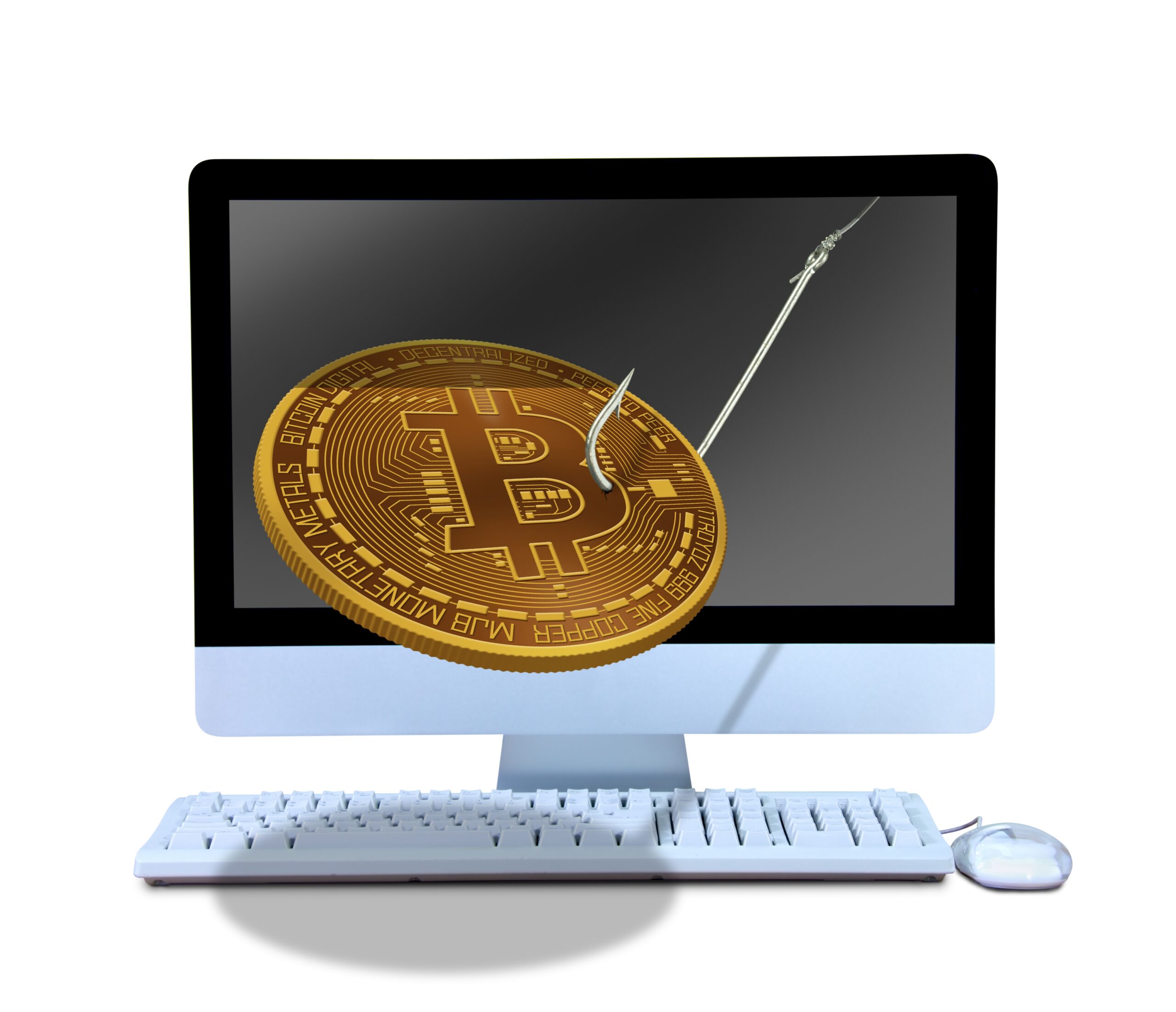A recession is when the economy dips and jobs are lost. It happens slowly at first. The cost of living goes up while salaries stay the same. People start to get laid off and struggle to find new work. The housing market crashes and people lose their homes. Soon, the whole country is in a panic. But we’ve been through this before. And we will get through it again. While it’s impossible to predict exactly what will happen, there are some things we can do to prepare ourselves.
Read on to learn.
Make a Financial Plan
Making a financial plan is the best way to protect ourselves from the impending economic downturn. Here are good ideas.
• The first step is to assess our current situation. How much debt do we have? What are our monthly expenses? What is our income? Once we have a clear picture of our finances, we can start to make a plan.
• The next step is to create a budget. We must ensure that our spending aligns with our goals and values. We also need to make sure that we are living within our means. This means cutting back on unnecessary expenses and ensuring we save monthly money.
• The final step is to create an emergency fund. This fund should be used for unexpected expenses like medical bills or job loss. It should be large enough to cover our living expenses for at least six months.
By following these steps, we can protect ourselves from the financial devastation of a recession.
Get More Financial Sources
When preparing for a recession, one of the best things you can do is expand your income sources. Having multiple streams of income can help you weather the storm when one or two of them dry up. And in today’s economy, there are more opportunities than ever to bring in extra cash. Here are just a few ideas:
• Start a Side Hustle
There are endless possibilities when it comes to starting a side hustle. You could create a blog, launch an online course, or even rent out extra space in your home. And with a little creativity, you can probably think of dozens of other ways to bring in some extra cash.
• Get a Part-Time Job
If you’re not ready to start your own business, another option is to get a part-time job. This could be anything from working at a retail store to becoming a dog walker or babysitter. And if you’re struggling, you could even look into getting a temporary job or doing odd jobs for people in your community.
• Invest in Real Estate
Real estate investing can be a great way to generate passive income. And with the rise of the sharing economy, there are more opportunities than ever to get started. If you’re interested in investing in real estate, consider joining a real estate investment group or checking out some of the many online platforms that allow you to buy, sell and invest in properties without being accredited investors.
• Invest in Public Equity
Another way to generate passive income is to invest in public equity. This can be done by investing in a publicly-traded company or a private equity fund. Public equity generally offers more liquidity than private equity but can also be volatile.
Pay Your Credit Card Debts
As the world prepares for another recession, now is the time to start paying off your credit card debts. Credit card companies often raise interest rates during recessions, making it difficult to keep up with your payments. You may even default on your debt if you have a large balance. This can devastate your credit score, making it difficult to get a loan or obtain new lines of credit. It can also lead to wage garnishment, legal action and bankruptcy.
So if you’re carrying a balance on your credit cards, now is the time to start paying it down. With interest rates low and the economy on the verge of a recession, there’s no better time to get your finances in order.
• Focus on the debt with the highest interest rate first and pay more than the minimum monthly balance. The minimum payment is usually just the interest and some of the principle, so you’re not making much progress if you only pay that.
• Make a budget and stick to it. Track where you are spending your money and make adjustments as necessary. There is no magic number for how much you should save each month, but ensuring you put aside a certain percentage of your earnings is a smart place to start.
• Talk to your credit card company. If you are having trouble making payments, they may be able to work with you to create a payment plan or lower your interest rate.
Getting out of credit card debt can be difficult, but it is important if you want to protect your financial future. Follow these tips and you will be
Expand your Career
While it’s important to be prepared for tough times, it would help expand your career and take advantage of opportunities when they arise. Besides, people do lose their jobs during such times. After all, a recession doesn’t last forever and there will always be a need for talented professionals. If you’re feeling down about the state of the economy, here are four reasons to expound on your career and prepare for the future.
• It’s an Investment in Your Future
Like any other investment, expounding your career is an investment in your future. You’re committing yourself and your career by taking courses, attending workshops and networking. And like any other investment, there’s no guarantee of success. But you’re almost guaranteed to fail if you don’t invest.
• It Shows Initiative
In today’s competitive job market, showing initiative is more important than ever. By taking the initiative to expound your career, you’re showing potential employers that you’re willing to go the extra mile to succeed. This can make all the difference in getting hired or promoted.
Key Takeaway
No one likes the idea of a recession, but the fact is, it’s always a possibility. A recession can be more than just an inconvenience. It can be a major financial setback, especially if you’re already struggling to meet ends. If you find yourself in this situation, don’t despair. You can follow the suggested ideas to help you stay ahead during the tough times.










